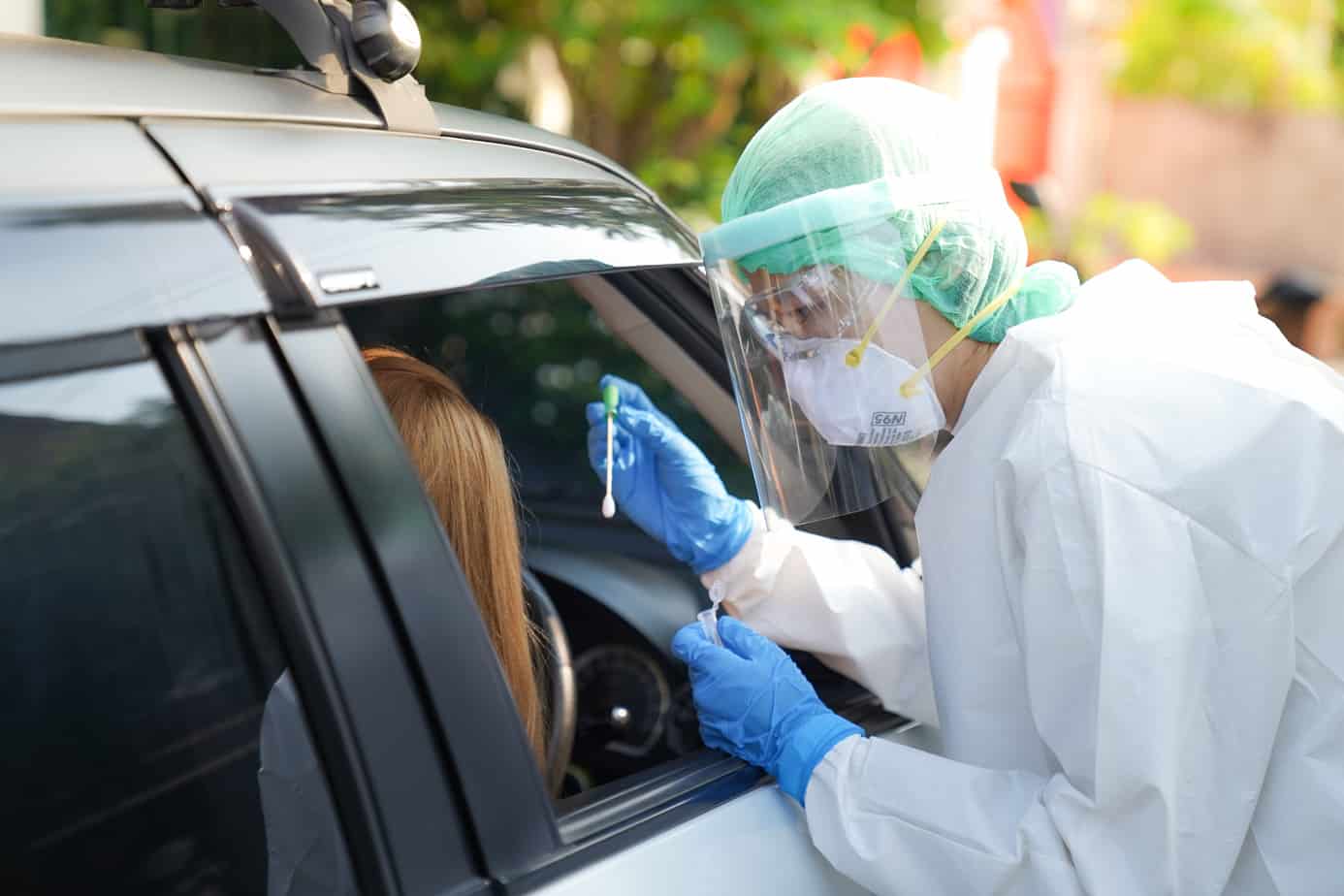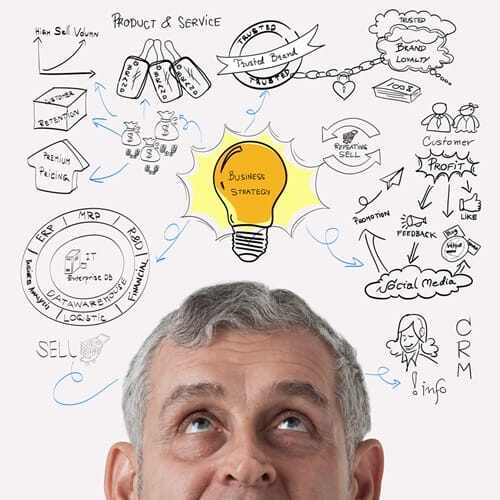Coming together: How a TM Group employee and client collaborated during COVID-19 crisis

The events surrounding COVID-19 have tested everyone’s resolve, as professionals and industries have had to adapt and strategize to stay safe and be a part of the solution to the contagion through great sacrifice.
The virus has taken a particularly harsh toll on health care, as the industry is pulling out all the stops to stay ahead of the curve, slow the spread and give those affected the care and attention they need. Emergency personnel have risen to the challenge.
Perhaps the biggest takeaway from these uncertain times is the manner in which people have come together to solve problems. A perfect example is The TM Group’s Software Development Team Lead, Marcel Chabot. Along with a long-time client, Marcel recently helped organize a volunteer community effort in the manufacturing of personal protective equipment.
Over the past several months, as coronavirus has spread like wildfire, there have been a number of shortages for traditionally easily available products. Chief among them involve facemasks. Worn to protect one’s self from breathing in potentially contaminated air – or spreading into someone else – this protective gear is a simple way to reduce the risk of contracting a communicable disease.
However, facemasks aren’t all built the same, as some are more preventive than others. A classic example is the N95 variety.
What is an N95 mask?
Well known to the health care sector, N95 masks are special because they’re capable of blocking out 95% of microscopic particles. What also makes them so effective is their fit, as they form a snug seal around the nose and mouth to further reduce the risk of contracting airborne diseases like COVID-19.
The quality of these masks – in addition to the fact that they’re primarily designed for medical first responders and emergency personnel – currently makes them very hard to find. Alongside the fact that due to this pandemic, individuals that aren’t in the medical field are purchasing them to protect themselves against COVID-19.
Fortunately, organizations like the Amherst MakerSpace to which Marcel belongs are working on responding to these supply chain challenges.
What is the Amherst MakerSpace?
Located in Amherst, New Hampshire, this chapter of MakerSpace launched in 2016. Its stated mission is helping members give back to the community and improve lives through learning, creativity and design.
Soon after the outbreak began – and continuing to this day – Amherst MakerSpace and its members like Marcel are working in tandem with the health care community to manufacture PPEs.
Although the masks they are creating are not certified as official N95 masks per se – since they haven’t received the testing that designates them as such – they’re very close to the genuine article, and are manufactured with the help of 3D printers using a variety of quality materials, including weatherstripping foam for sealing the edges, elastic strips that are a quarter of an inch in width and MERV-13 furnace filters.
PETG is key
The most important material in the manufacture of these masks, however, is a specialized plastic called PETG. Short for polyethylene terephthalate and often used for signage, PETG is highly durable and holds up well when cleaned, something that’s very important to maintaining the hygienic nature of face masks.
Much like several other supplies, PETG is hard for the public to find these days due to the growth in demand and supply chain disruptions. Although Marcel checked several online retailers for the special material, he couldn’t find any available for their N95 manufacturing efforts. However, then Marcel remembered that Chase Plastic Services, Inc., one of The TM Group’s long-time clients, was a specialty plastics distributor. So, in the hope they might be able to point him in the right direction, Marcel contacted their Business Process Manager, Bob Hoff.
“I sent Bob an email describing the project I was doing and asked him if he knew of someplace or someone that had the plastics I needed,” Marcel explained. “After working with his product management team, Bob’s response was ‘We have rolls of medical-grade PETG in one-kilogram spools in inventory that would meet your need. What address can we ship them?'”
Marcel went on to note that Chase Plastics shipped him, at no cost, 20 kilograms of medical-grade PETG, an amount that’s virtually impossible to find.
The specialty plastic gave Marcel and the team of volunteers enough to make approximately 600 masks.
Amherst MakerSpace is one of several such organizations around the country producing 3D printed masks for those in need, both inside and outside the healthcare community; they come at no cost to the users.
At The TM Group, we couldn’t be more proud of Marcel for his willingness to give back and be a part of the solution during this worldwide pandemic. We’re also so appreciative of Chase Plastics (chaseplastics.com ) for lending a helping hand as well. This is what the human spirit is all about: coming together to solve problems. May we all do more of it now and in the future.
Sources:
https://www.youtube.com/watch?v=7q3z72T1MiE
https://www.amherstmakerspace.com/covid-19-response/

